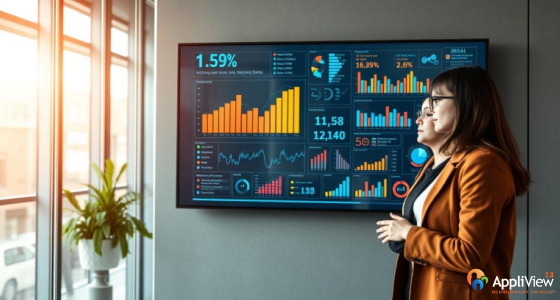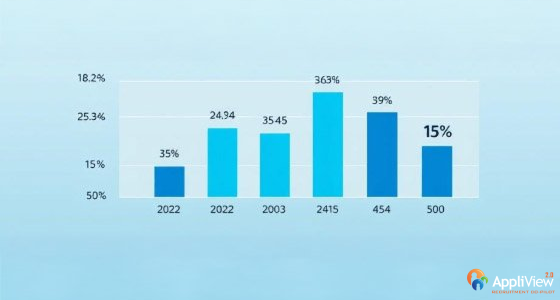AI hiring tools, if built on biased historical data, can reinforce discrimination based on race, gender, or socioeconomic status. Issues like opaque decision-making and biased feature selection worsen the problem. Real-world failures, like Amazon’s scrapped recruiting tool, highlight these risks. Mitigating bias requires diverse datasets, fairness audits, human oversight, and transparency.
The Origin Story How Bias Creeps into AI

AI systems learn from past data. If that data includes social biases—like those related to gender, race, or income—AI can repeat those unfair patterns.
For example, a 2019 study showed that some AI tools for reviewing resumes unfairly rejected more Black candidates because the data it learned from was biased. Also, if AI looks at things like ZIP codes, it might unknowingly prefer certain groups and create unfair job opportunities.
Unpacking the Core Ideas Where and Why Bias Emerges

Algorithm bias can happen in different ways:
– Biased Training Data: AI systems often prefer people who are like those hired in the past, which can be unfair to minority groups.
– Feature Correlation: Even neutral details can secretly point to a person’s race, gender, or social class.
– Opaque Decision-Making: AI decisions are often not clear, so it’s hard to see when they are unfair. In fact, 71% of U.S. job seekers don’t trust AI to make final hiring choices.
Real-World Examples When AI Gets It Wrong

– Amazon’s Resume Tool: Amazon stopped using its resume tool because it unfairly lowered scores for resumes that included the word “women’s,” showing that even trained AI can still be biased.
– Automated Grading Systems: These tools have hurt students from poorer families, making the education gap even wider.
– Socioeconomic Proxies: When AI looks at things like ZIP codes or education, it often favors richer people, even if that doesn’t match how well someone might do the job.
Strategies for Mitigating Algorithmic Bias

– Diverse Data Collection: Use training data from people of different backgrounds.
– Bias Testing and Fairness Checks: Test AI often to find and fix any unfairness.
– Human Oversight: Let people stay involved in reviewing AI suggestions.
– Blind Recruitment: Hide names and other personal details in resumes to focus only on skills.
– Transparency and Accountability: Keep records of how AI is trained and how it makes decisions to build trust.
– Fairness Techniques: Use special methods, like checking how AI treats similar cases differently, to reduce bias.
Challenges, Limitations, and Critical Perspectives

Even though people try to remove bias from AI, some problems still remain:
– Built-In Data Bias: Old data may have deep unfairness that’s hard to fix.
– Fairness is Complicated: What’s fair for one group might be unfair to another.
– Too Much Trust in AI: People may follow AI decisions without question, even if the AI is wrong.
– Lack of Transparency: Many AI systems are like “black boxes,” making it hard to see how they work or check for mistakes.
Emerging Trends and Future Possibilities

AI use in hiring is changing, and some important trends are:
– Fairness-Aware Algorithms: New AI models are being designed to spot and fix bias during training.
– Rules and Regulations: Governments are thinking about making laws to ensure fairness and openness in AI.
– Candidate Feedback: Getting feedback from job applicants helps companies find and fix unfair treatment.
– Privacy Protection: New methods keep personal data safe while also making the system more fair and trustworthy.
Conclusion
Bias in AI hiring is a big problem—not just with the technology but also for society. To fix this, companies should use data from different types of people, regularly test for fairness, involve humans in decision-making, and ask tech providers to be open about how their systems work. It’s important for businesses using AI to make sure their hiring is fair for everyone.
